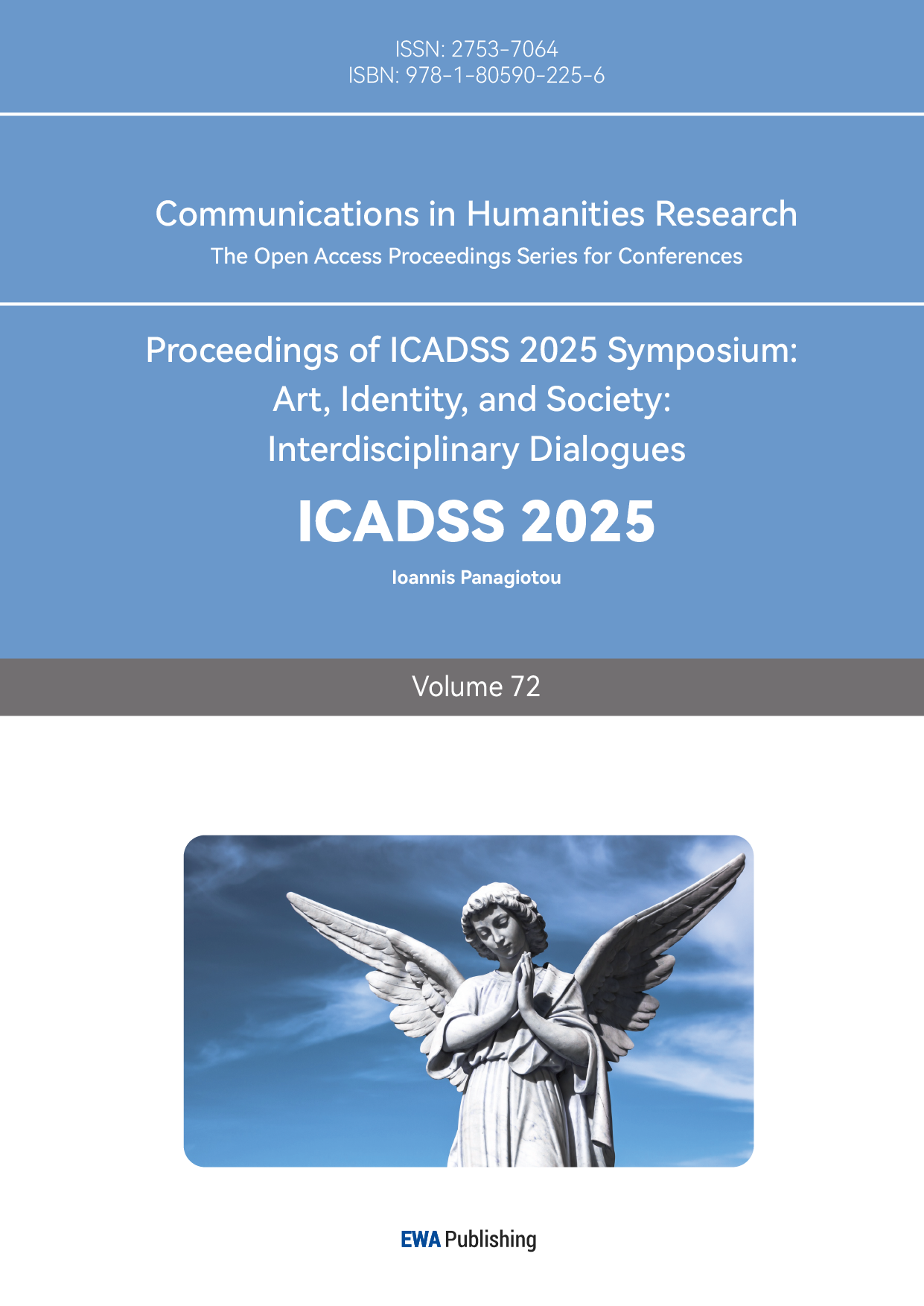References
[1]. Twenge, J. M. , Martin, G. N. , Spitzberg, B. H. , and Campbell, W. K. (2022) Age, period, and cohort trends in adolescent mental health, 2010–2021: Relationships with screen time, physical activity, and sleep. JAMA Pediatrics, 176(6), 567–577.
[2]. Przybylski, A. K. , Murayama, K. , DeHaan, C. R. , and Gladwell, V. (2013) Motivational, emotional, and behavioral correlates of fear of missing out. Computers in Human Behavior, 29(4), 1841–1848.
[3]. Lin, C. P. and Liau, A. K. (2021) A meta-analytic review of the relationship between social media use and fear of missing out (FOMO) in adolescents and young adults. Computers in Human Behavior, 121, 106108.
[4]. Moura, D. F. , Moura, H. D. S. , Filgueiras, G. D. M. R. , Freire, S. E. D. A. , Negreiros, F. , & Medeiros, E. D. D. (2021). Fear of missing out (FoMO), mídias sociais e ansiedade: Uma revisão sistemática. Psicología, Conocimiento y Sociedad, 11(3), 99-114.
[5]. Anderson, J. E. and Jiang, Y. (2021) The relationship between social media use and depression in adolescents: The mediating role of fear of missing out. Computers in Human Behavior, 121, 106146.
[6]. Kross, E. , Verduyn, P. , Demiralp, E. , Park, J. , Lee, D. S. , Lin, N. , and Ybarra, O. (2023) Passive vs. active social media use and well-being: A longitudinal experiment. Journal of Experimental Psychology: General, 152(3), 481–493.
[7]. Tanhan, F. , Özok, H. I. , & Tayiz, V. (2022). Fear of missing out (FoMO): A current review. Psikiyatride Guncel Yaklasimlar, 14(1), 74-85.
[8]. Steers, M. N. , Wickham, R. E. , Acitelli, L. K. , and Stone, R. A. (2021) The effect of passive social media use on adolescent self-esteem: A longitudinal study. Journal of Social and Clinical Psychology, 40(5), 385–404.
[9]. Akbari, M. , Seydavi, M. , Palmieri, S. , Mansueto, G. , Caselli, G. , & Spada, M. M. (2021). Fear of missing out (FoMO) and internet use: A comprehensive systematic review and meta-analysis. Journal of Behavioral Addictions, 10(4), 879-900.
[10]. Bányai, R. , Zsila, Á. , Király, O. , Maraz, A. , Elekes, Z. , Griffiths, M. D. , and Demetrovics, Z. (2022) Fear of missing out (FOMO) and its relationship with problematic social media use: A meta-analytic review. Journal of Behavioral Addictions, 11(2), 403–418.
[11]. Alutaybi, A. , Al-Thani, D. , McAlaney, J. , & Ali, R. (2020). Combating fear of missing out (FoMO) on social media: The FoMO-R method. International journal of environmental research and public health, 17(17), 6128.
[12]. Nesi, J. A. , Choukas-Bradley, S. , and Prinstein, M. J. (2020) Fear of missing out and adolescent depressive symptoms: The roles of neuroticism and social comparison. Journal of Youth and Adolescence, 49(8), 1579–1591.
[13]. Tandon, A. , Dhir, A. , Almugren, I. , AlNemer, G. N. , & Mäntymäki, M. (2021). Fear of missing out (FoMO) among social media users: a systematic literature review, synthesis and framework for future research. Internet Research, 31(3), 782-821.
[14]. Lee, S. H. , Kim, J. , Park, H. , and Choi, Y. (2023) The algorithmic amplification of FOMO: How social media recommendation systems influence adolescent well-being. New Media & Society, 25(10), 3033–3052.



